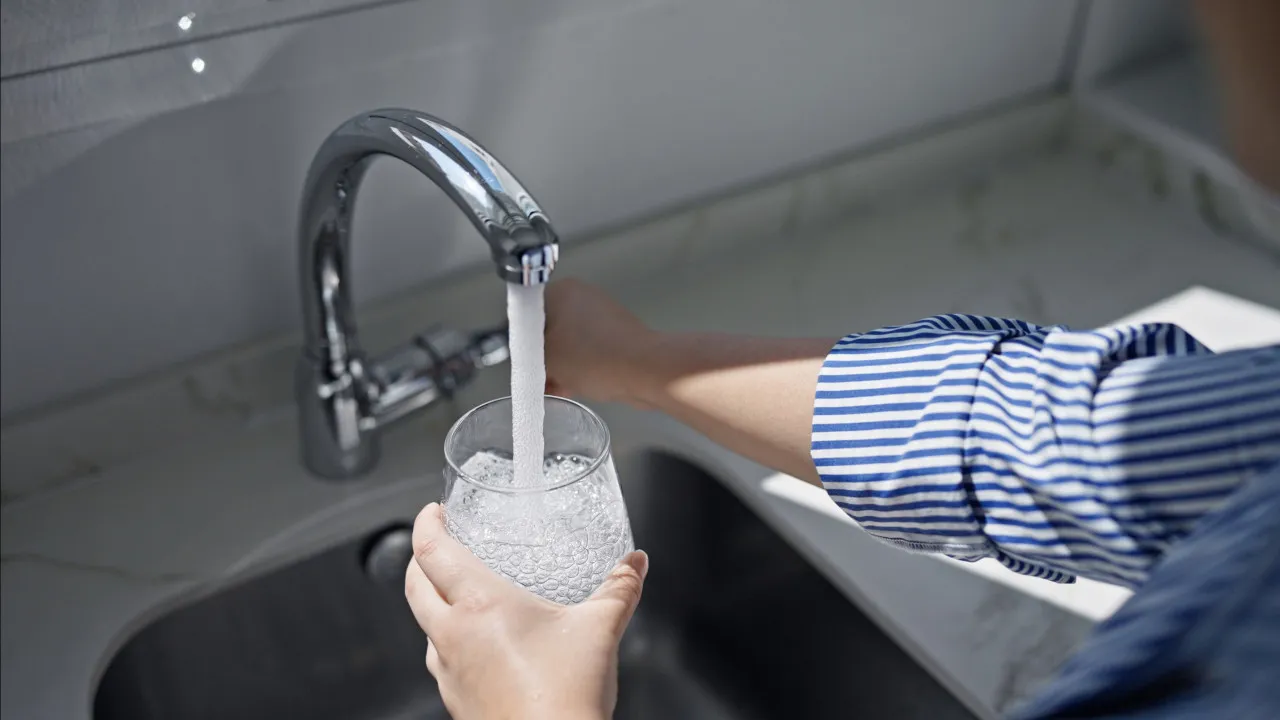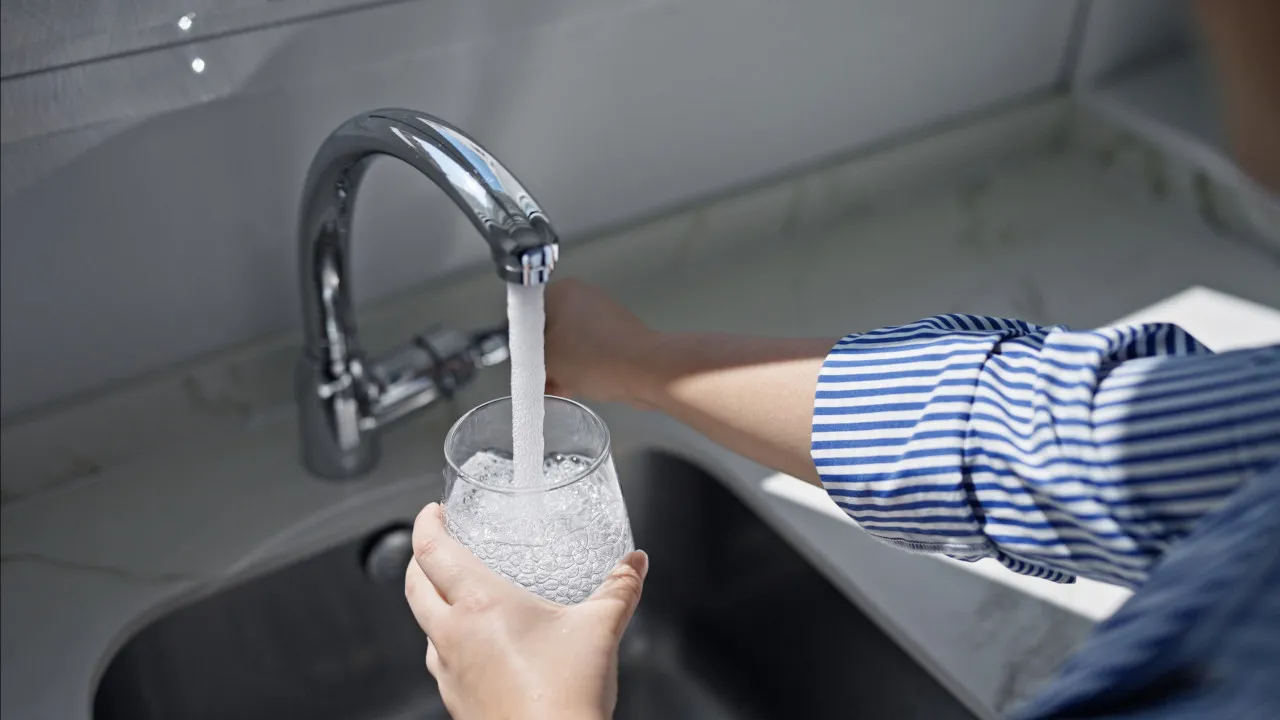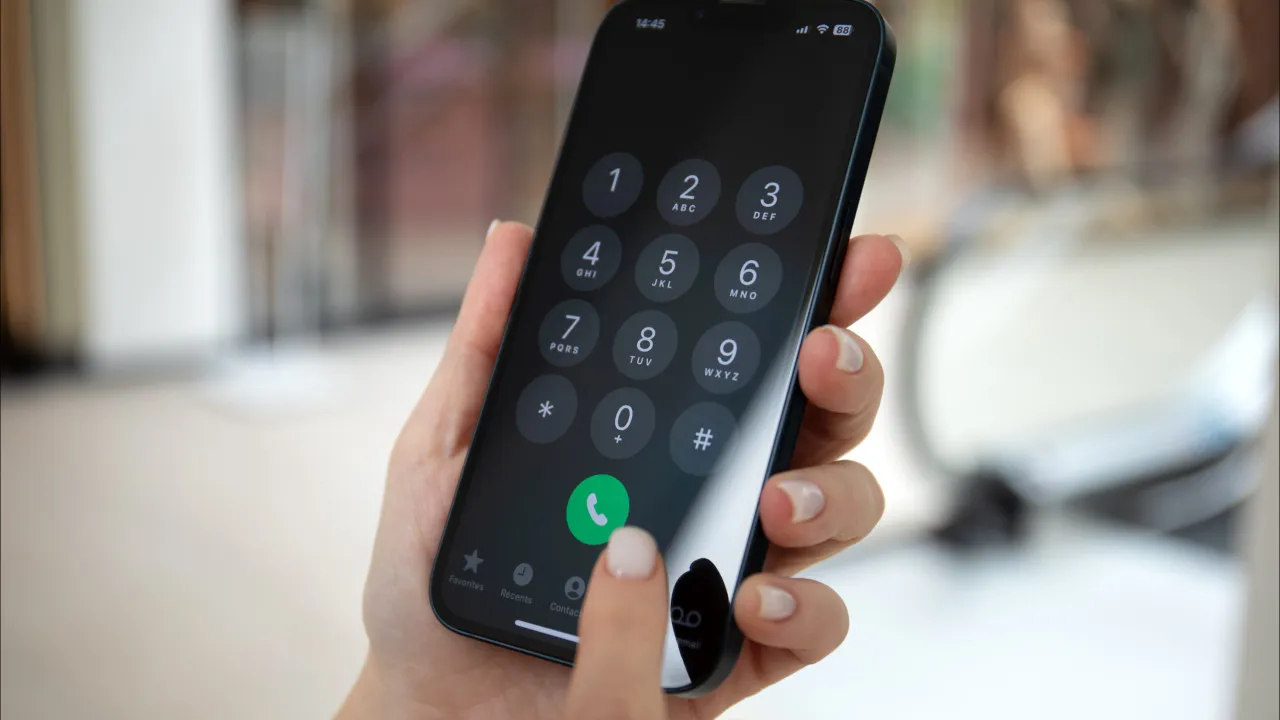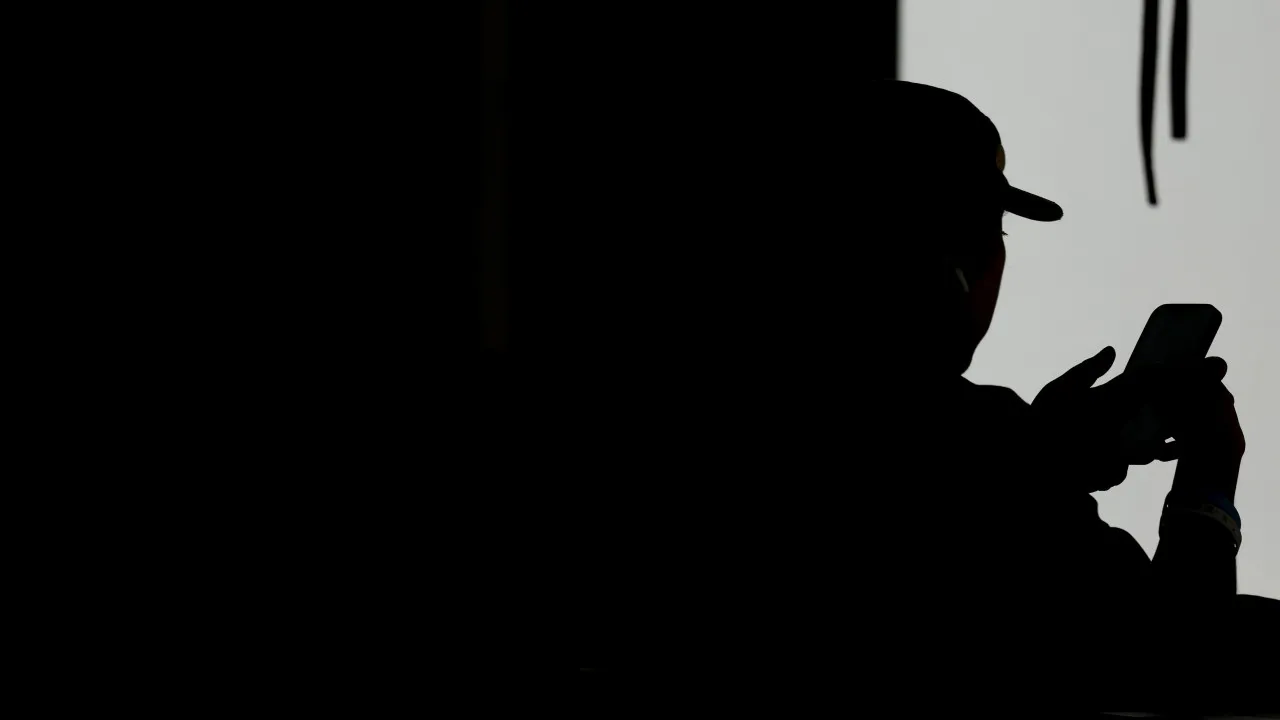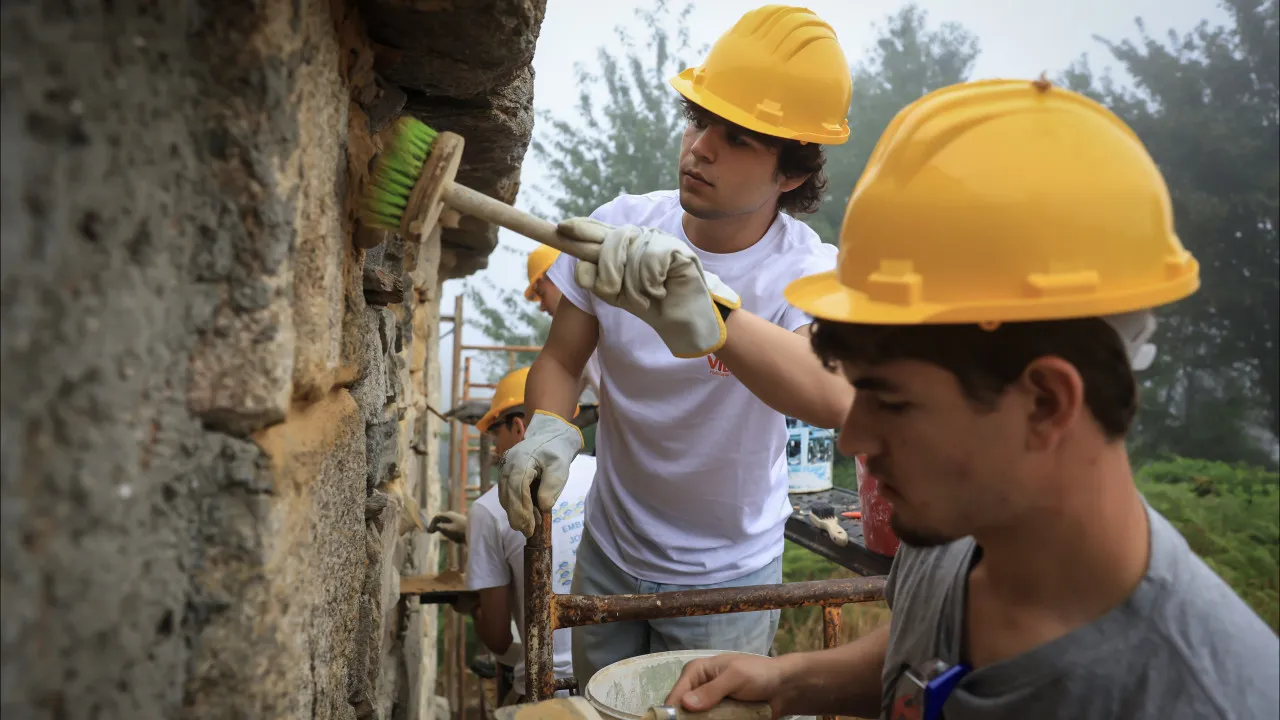
Over the course of two weeks, young volunteers work tirelessly to renovate a house and restore dignity to its occupant. This initiative is part of the Vida Solid Housing Project, promoted by the Mão Amiga Foundation, supported by the municipality and the University of Aveiro (UA).
At about 8:30 a.m., students, temporarily transformed into construction workers, arrive at the site in a municipal van. They put on protective equipment—helmets and gloves—and begin discussions. “We could make mortar, but there’s no sand,” one student notes.
Moments later, the foreman arrives with sand in the van, and preparations begin to mix the mortar, sand, and water for the stone wall’s external grouting.
The group consists of six young men and two young women, primarily from UA’s Civil Engineering program, but also includes master’s and bachelor’s students in Chemical Engineering, Tourism, Clinical Bioinformatics, and Music.
Divided into two teams, the students get to work. Outside, five of them fill the gaps between the stones on the facade with freshly mixed mortar to better insulate the house, while inside, others lay a false ceiling in the kitchen under the supervision of foreman Nuno Simões.
Afonso Carreira, a Clinical Bioinformatics master’s student at UA, is among the volunteers. He shares that while he always enjoyed volunteering, this was his first engagement in such an initiative.
Following his parents’ advice, he decided to participate: “My parents always said that to understand life, you should work in construction. So here I am,” he jokes.
Renata Alencar, a final-year student in Management, Planning, and Tourism at UA, is experiencing building rehabilitation for the first time and enjoys learning new skills.
“I had nothing planned for these two weeks and thought, why not take the chance to do something new?” she mentions, adding that she has already learned to make mortar and build a ceiling.
On the fourth day of work, which is scheduled to last two weeks, much remains to be done, but the pace is intense, as foreman Nuno Simões explains. “We start early and go until 7 p.m. or 8 p.m., sometimes even until 10 p.m. We are committed to starting and finishing the project,” he states.
With experience in rehabilitation through solidarity projects, the contractor admits that the work isn’t always easy because “some people have never picked up a trowel or mixed mortar.”
“For me, it’s a challenging project that I enjoy because I meet new people, and they are amazed at how we can take a dilapidated site and turn it into a habitable space in just two weeks,” he notes.
Hugo Rodrigues, a professor at UA’s Department of Civil Engineering, says that the project provides a practical learning opportunity, helping students develop personal skills while making a difference through solidarity.
The professor stresses that finding volunteers was relatively easy; no prior experience was necessary, just a willingness to help. “When we launched the initiative, many already had plans for the holidays, but the response was positive, and we recruited the necessary volunteers,” he says.
Since 2009, the Mão Amiga Foundation has rehabilitated 41 dilapidated houses in Sever do Vouga, transforming the lives of many underprivileged families.
“It’s not just about rehabilitating the house; it’s also about helping the families. Post-project support is extraordinarily important, providing psychological, social, and medical assistance,” explains Foundation President Edite Matos.
The house currently under renovation in Sanfins belongs to a 51-year-old man living alone who had no means to undertake necessary repairs.
“The house was collapsing. It didn’t even have a bathroom. It was just a tin can dumped on a patch of land. It will undoubtedly provide much better living conditions,” says Edite Matos.
Sever do Vouga’s Mayor, Pedro Lobo, emphasizes the significance of this initiative, aiming to replicate it throughout the municipality.
“Unfortunately, many still live in very difficult conditions, often without bathrooms, and the goal is to replicate this experience across the municipality to improve the quality of life for Severenses,” the mayor stated during a visit to the site.
Throughout the two weeks, the young students work from Monday to Saturday. Sundays are rest days and include team-building activities in nature. The program culminates in a solidarity gathering.
Volunteers are provided with accommodation by the municipality, meals, insurance, transportation, tools, and personal protective equipment.

